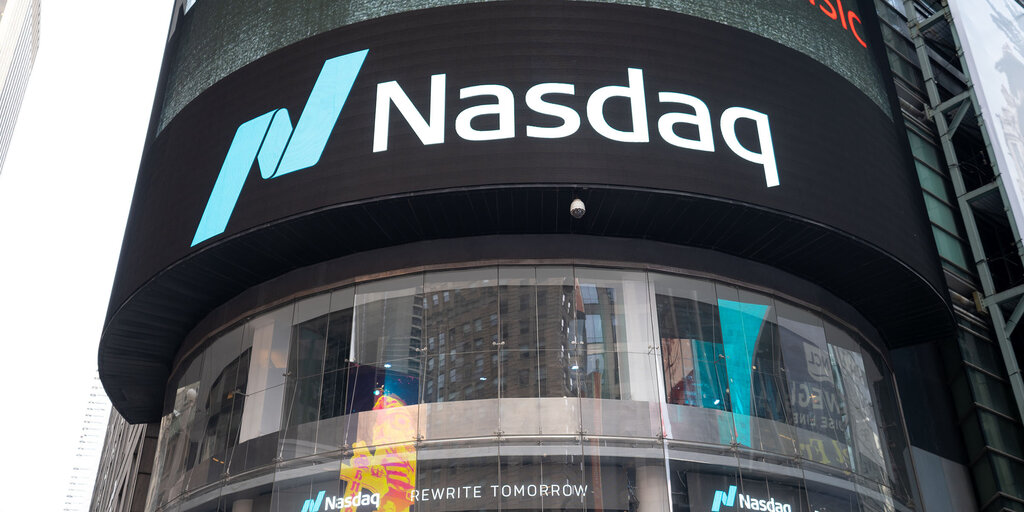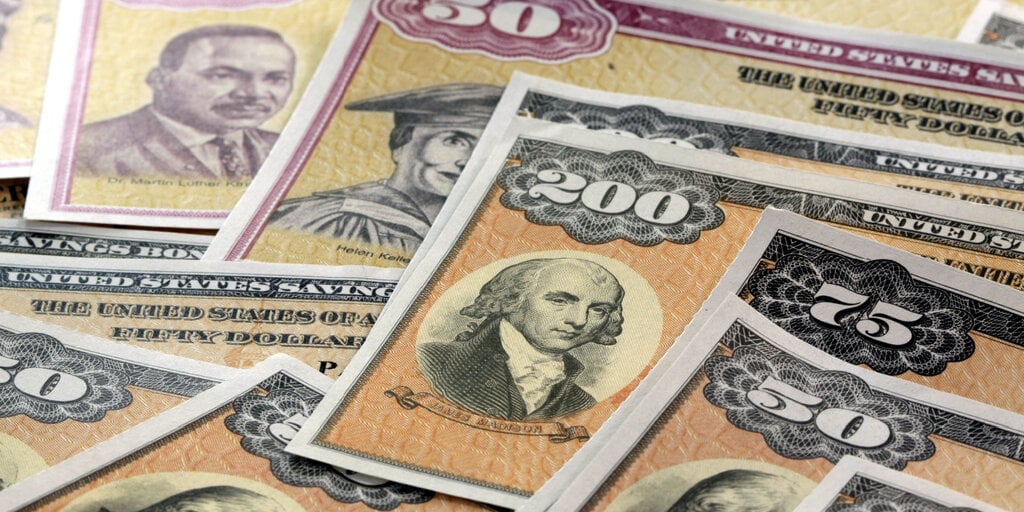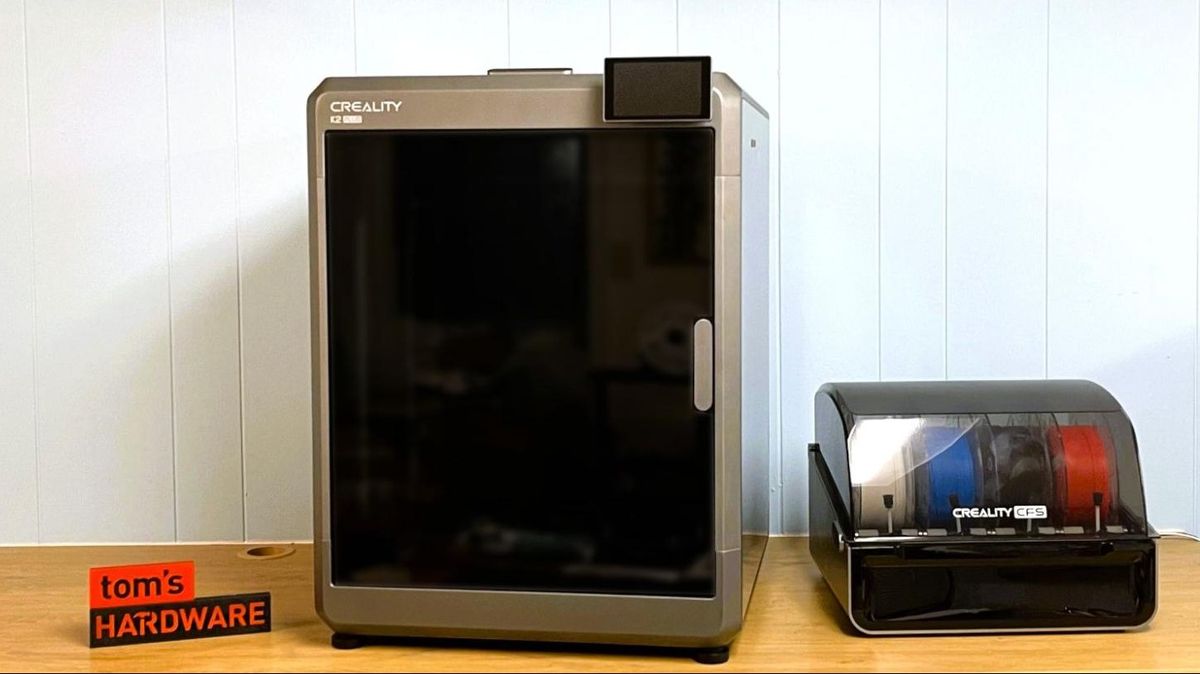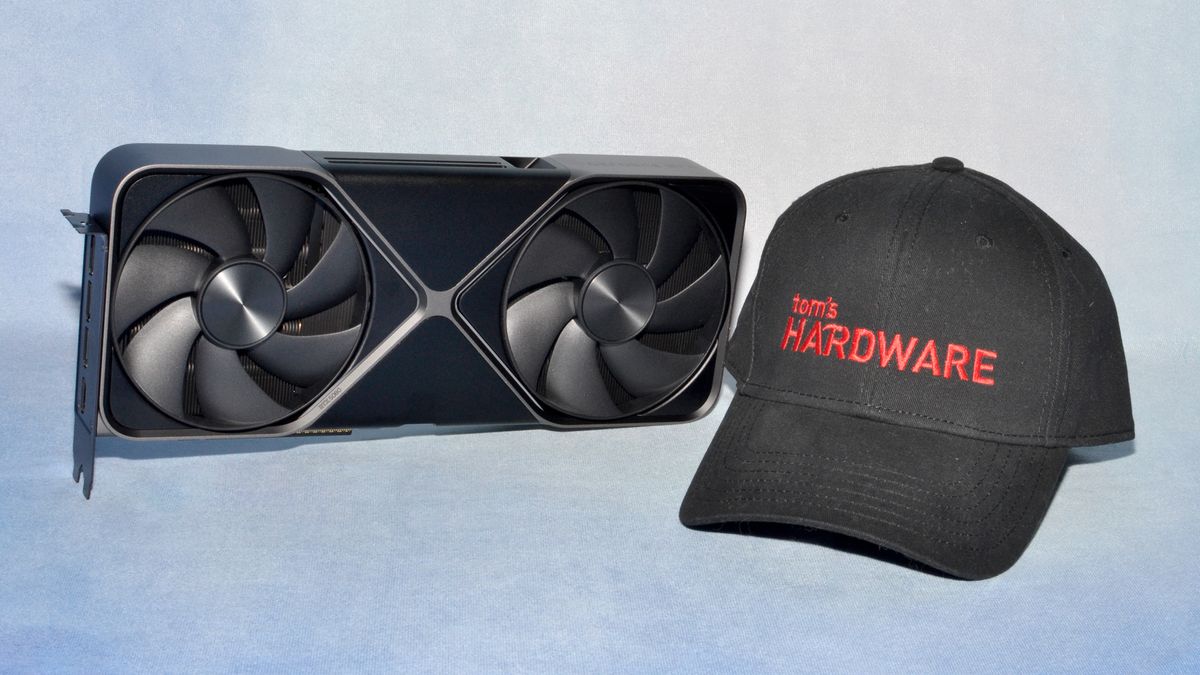Trump gives China one day to end retaliations or face extra 50% tariffs
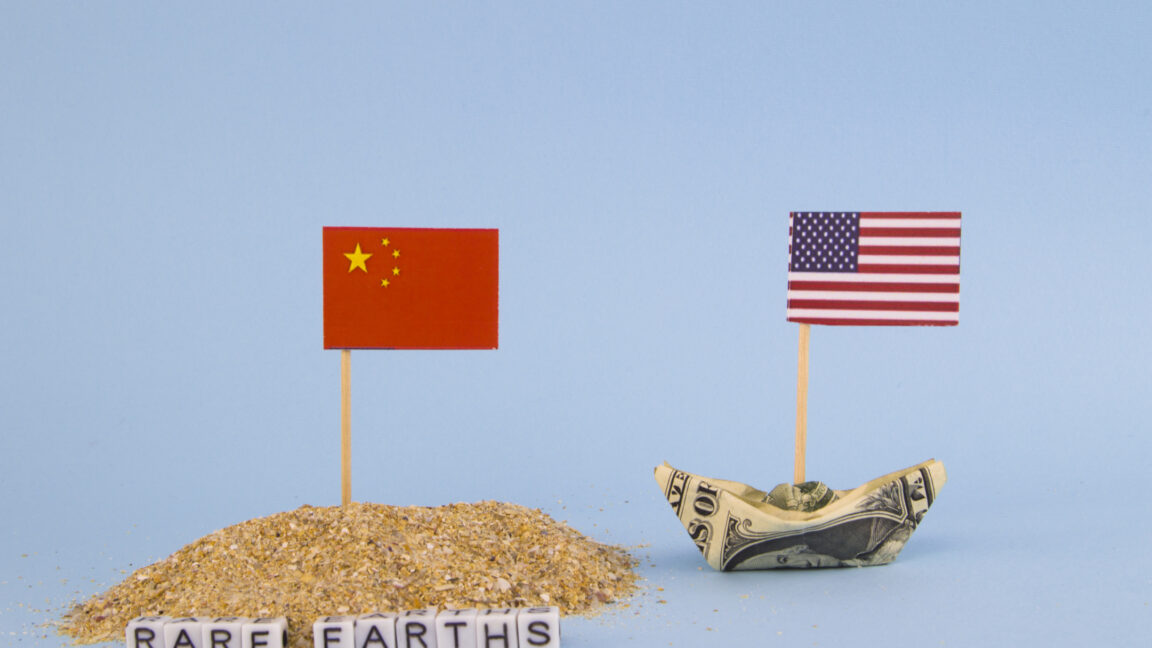
China expects to outlast US in trade war, alarming Big Tech.
Tech companies' worst nightmare ahead of Donald Trump's election has already come true, as the US and China are now fully engaged in a tit-for-tat trade war, where China claims it expects to be better positioned to withstand US blows long-term.
Trump has claimed that Americans must take their "medicine," bearing any pains from tariffs while waiting for supposed long-term gains from potentially pressuring China—and every other country, including islands of penguins—into a more favorable trade deal. On Monday, tech companies across the US likely winced when Trump threatened to heap "additional" 50 percent tariffs on China, after China announced retaliatory 34 percent tariffs on US imports and restricted US access to rare earth metals.
Posting on Truth Social, Trump gave China one day to withdraw tariffs to avoid higher US tariffs.
As of this writing, the trade rivals remain in a stand-off, with US tech companies taking hits in the form of higher costs and supply chain disruptions from both sides.
Trump is apparently hoping that his threat will send China cowering before their retaliatory tariffs kick in April 10, while China appears to feel that it has little reason to back down. According to CNN, "a flurry of state media coverage and government statements" flooded Chinese news sites over the weekend, reassuring Chinese citizens and businesses that "US tariffs will have an impact (on China), but 'the sky won’t fall.'"
“Since the US initiated the (first) trade war in 2017—no matter how the US fights or presses—we have continued to develop and progress, demonstrating resilience—'the more pressure we get, the stronger we become,'" a Sunday story in the "Chinese Communist Party’s mouthpiece People’s Daily read," CNN reported.
For China, the bet seems to be that by imposing tariffs broadly, the US will drive other countries to deepen their investments in China. If the US loses too much business, while China potentially gains, then China could potentially emerge as the global leader, possibly thwarting Trump's efforts to use tariffs as a weapon driving investment into the US.
Trump has no plans to pause tariffs
Currently, duties on all Chinese imports coming into the US are over 54 percent, CNN reported. And Trump's threat of additional tariffs, while unclear precisely how much it would move the needle, would certainly push that figure above the 60 percent threshold that had US tech companies scrambling last year to warn of potentially dire impacts to the US economy.
At that time, the Consumer Technology Association (CTA) warned that laptop prices could nearly double, game console prices could rise by 40 percent, and smartphone prices by 26 percent. Now, the CTA has joined those warning that Trump's tariffs could not only spark price hikes but also potentially cause a recession.
"These tariffs will raise consumer prices and will force our trade partners to retaliate," Gary Shapiro, CTA's CEO and vice chair, wrote in a press statement. "Americans will become poorer because of these tariffs."
Various reports following Trump's tariffs announcement signal prices could soon match CTA's forecast or go even higher. PC vendors told PCMag they're already preparing for prices economists estimate could increase by 45 percent by this time the next year. And Apple products like iPhones, iPads, MacBooks, and AirPods could increase by 40 percent, a financial planning analyst told CNET. Meanwhile, the entire game industry is apparently bracing, as China is one of two countries where most console hardware is produced.
With stocks plummeting, Trump has refused to back down, seeming particularly unwilling to relent from his hard stance against China. He has branded rumors that he might pause tariffs "fake news," even as his aggressive tariff regime has disrupted markets for the US and many allies, like Australia, Japan, South Korea, and India. Commerce Secretary Howard Lutnick even defended imposing tariffs on the islands of penguins by insisting that any path any country may take to dodge tariffs by diverting shipments must be cut off.
"The idea is that there are no countries left off," Lutnick told CBS News.
According to Lutnick, Trump is "resetting global trade," and controversial tariffs will remain in place for potentially weeks, while Trump hopes to push more companies to manufacture products in the US.
Americans “will feel real pain,” tech group warned
Back in February, economist and trade expert Mary Lovely warned in a New York Times op-ed that Trump's push for an "arbitrary" trade policy might make investing in the US "less attractive" by creating too much instability. Imagine a tech company diverts manufacturing into the US, only to have its supply chain disrupted by arbitrary tariffs. They might "think twice" about building here, Lovely suggested, which could possibly push US allies to find other partners—perhaps even benefiting China, if commercial ties are deepened there instead of in the US.
Economists told Chinese media that countries hit by US tariffs are already looking to deepen ties with China, CNN reported. According to those experts, China is "ready to compete with the US in redefining the new global trade system" and cannot afford to "tolerate US bullying."
In her op-ed, Lovely suggested that Congress could intervene to possibly disrupt Trump's trade policy in pursuit of "a fairer, more resilient economy."
Last week, Politico reported that some top Republicans are pushing to reassert Congress' power over tariffs as the trade war escalates. They've introduced a bill that would force Trump to give Congress 48 hours' notice before imposing tariffs and to get congressional approval 60 days before tariffs could kick in. That could help companies avoid experiencing whiplash but wouldn't necessarily change the trade policy. And lawmakers may entertain the bill, since the CTA warned that Republicans may lose voters if they don't intervene.
“Make no mistake: American consumers, families, and workers will feel real pain, and elected policymakers in Washington will be held accountable by voters,” Shapiro said.
However, "it’s highly unlikely this proposal will ever become law," Politico noted, as the majority of Republicans who control both chambers appear unlikely to support it.
In the meantime, Trump's use of tariffs as a weapon could stoke never-before-seen retaliations from China, the CTA's VP of International Trade, Ed Brzytwa, told Ars last year. That could include retaliation outside the economic arena, Brzytwa said, if China runs out of ways to strike back to hurt the US's bottomline.
Panicked by the trade war, many Americans are rushing to make big-ticket purchases before prices shift, Fortune reported, perhaps hurting future demand for tech companies' products.
For tech companies like Apple—which promised to invest $500 billion in the US, likely to secure tariff exemptions—Trump's trade war threatens long-term supply chain disruptions, spiked costs, and unhappy customers potentially suddenly unable to afford even their latest devices. (Elsewhere, Switch 2 fans were recently dismayed when tariffs delayed deliveries of their preorders.)
And it kind of goes without saying that Trump's long-term plan to push investments and supply chains into the US needs more than weeks to fulfill. Even if all companies strove to quickly move manufacturing into the US and blocked all imports from China within the next decade, Lovely told Ars last year, "we would still have a lot of imports from China because Chinese value added is going to be embedded in things we import from Vietnam and Thailand and Indonesia and Mexico."
Ultimately, the US may never be able to push China out of global markets, and even coming close would likely require coordination across several presidential terms, Lovely suggested.
"The tariffs can be effective in changing these direct imports, as we've seen, yeah, but they're not going to really push China out of the global economy," Lovely told Ars.
What's Your Reaction?
 Like
0
Like
0
 Dislike
0
Dislike
0
 Love
0
Love
0
 Funny
0
Funny
0
 Angry
0
Angry
0
 Sad
0
Sad
0
 Wow
0
Wow
0



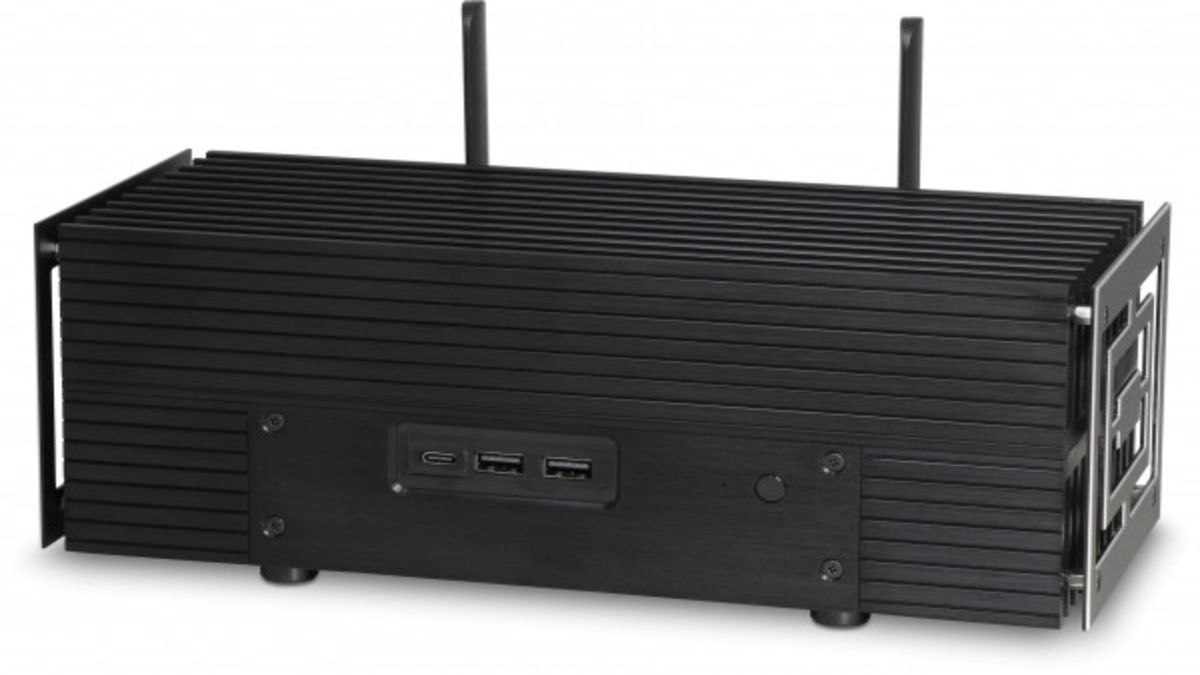






:quality(85):upscale()/2024/04/09/048/n/1922729/df14ea856615d8e1b04f46.70810493_.jpg)
:quality(85):upscale()/2025/04/04/906/n/1922153/36cdb2db67f0450a7697e9.58921428_.png)




